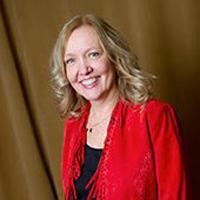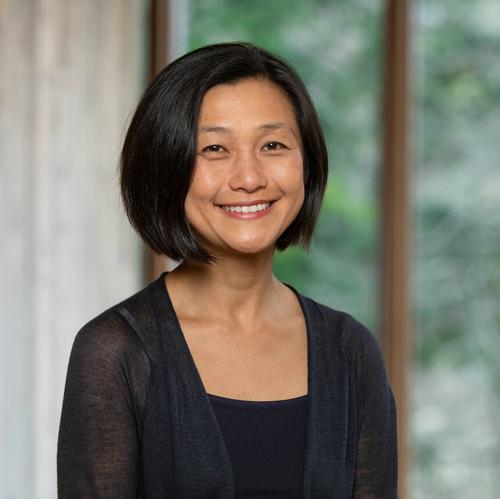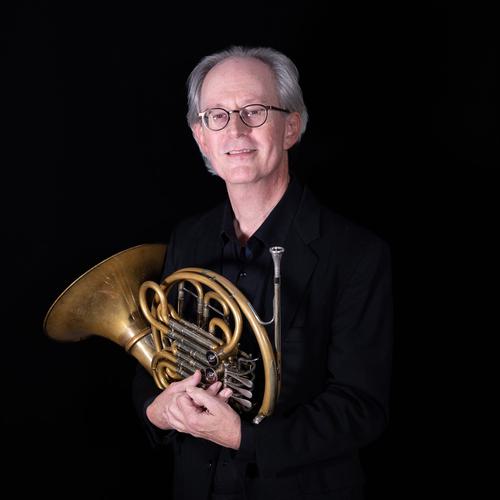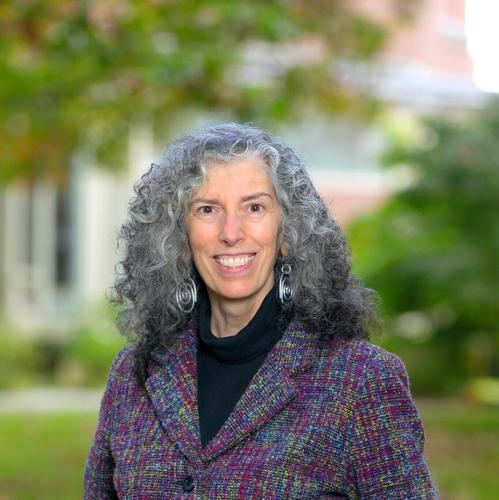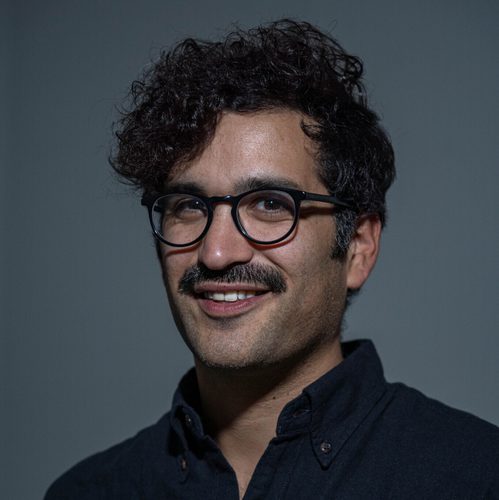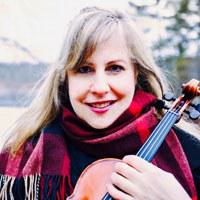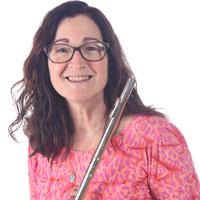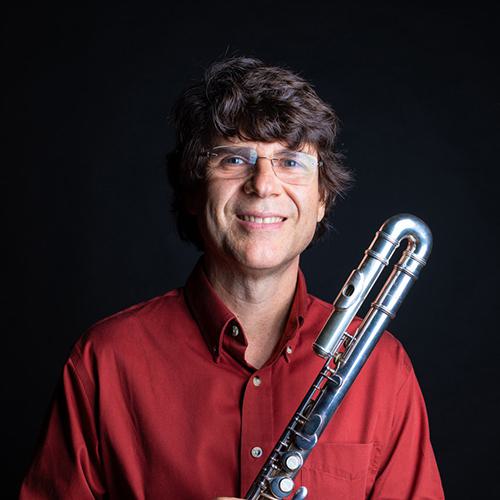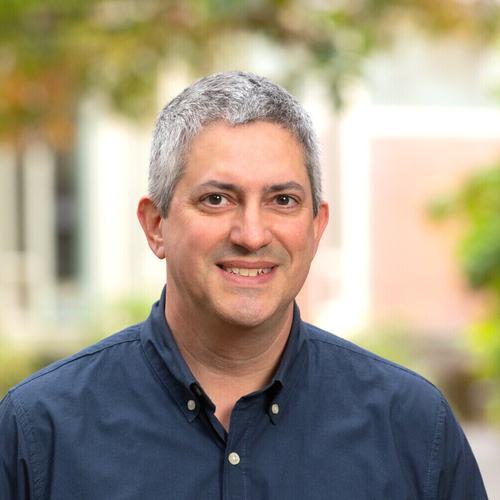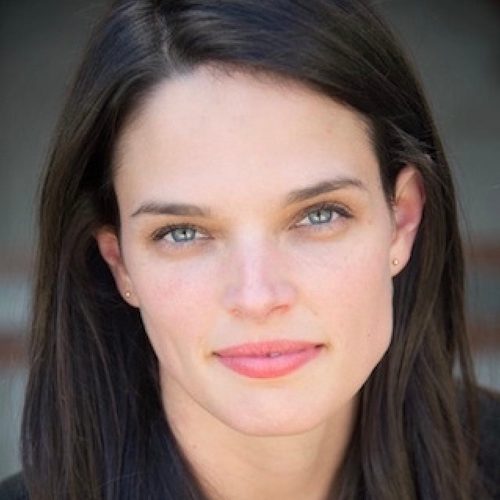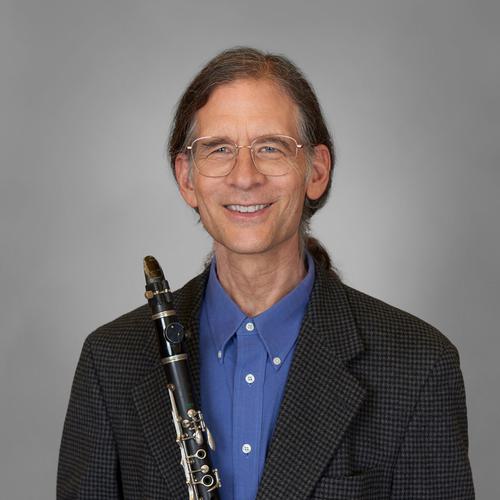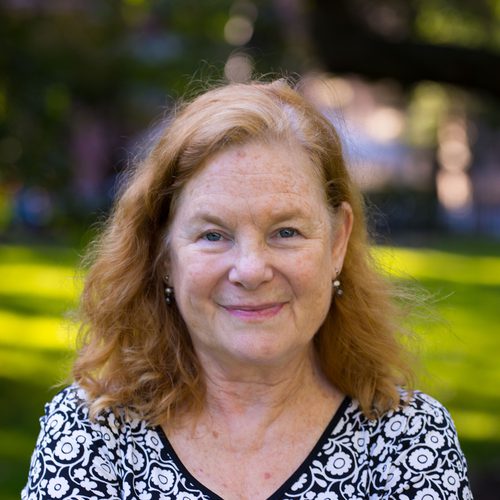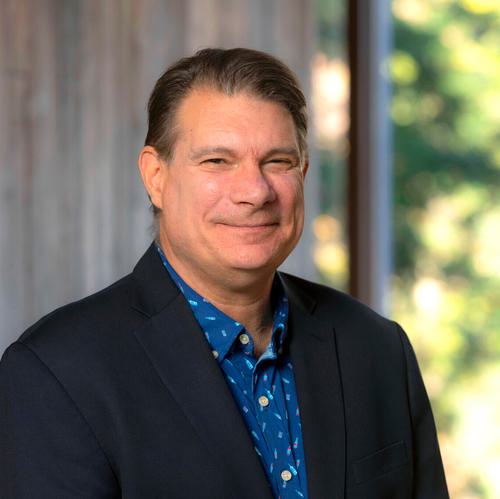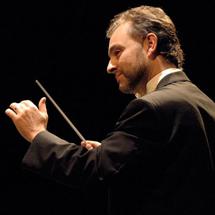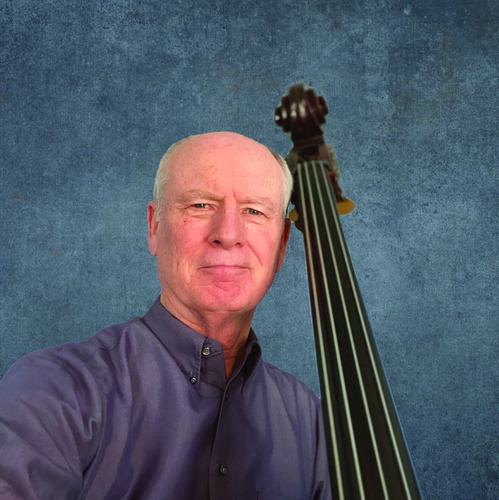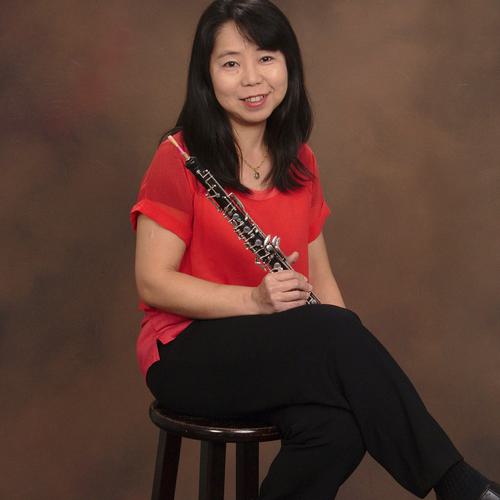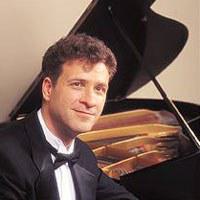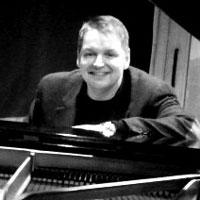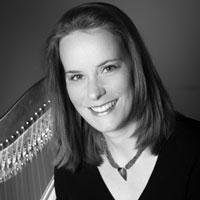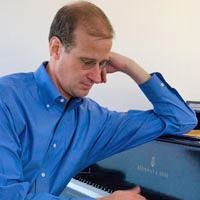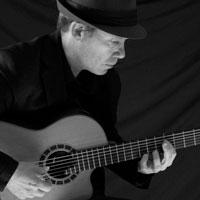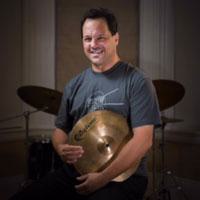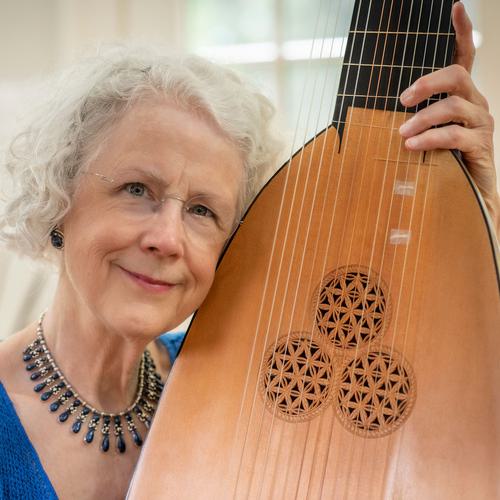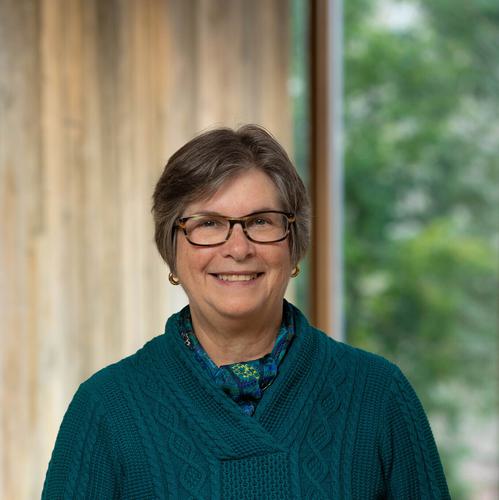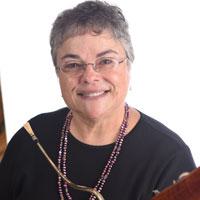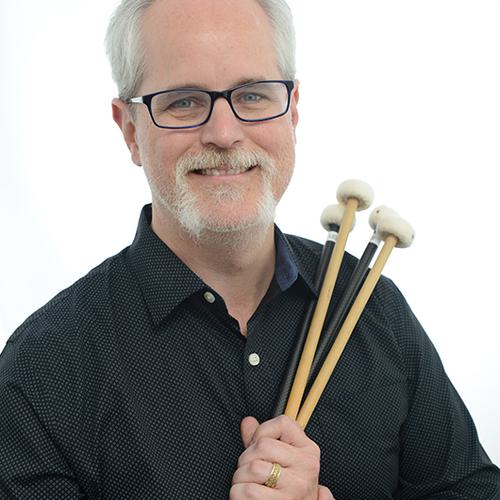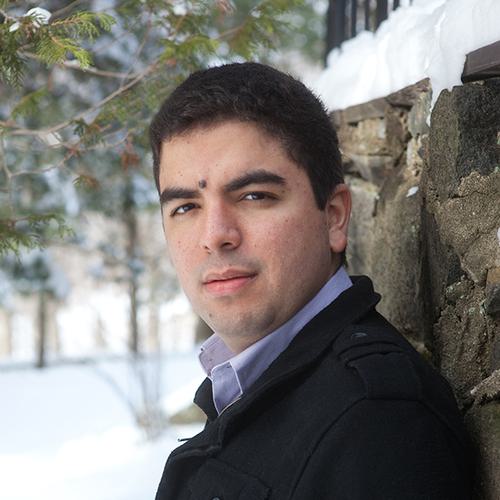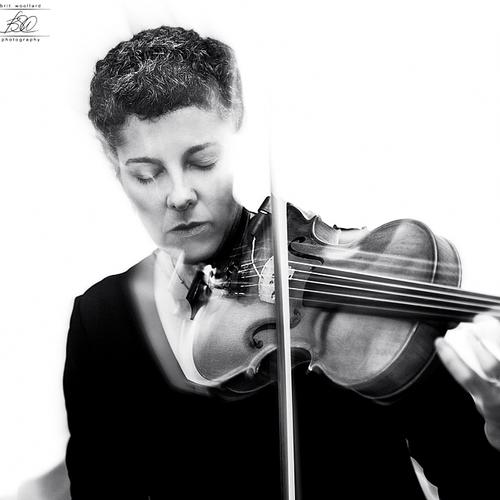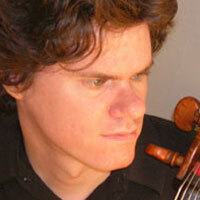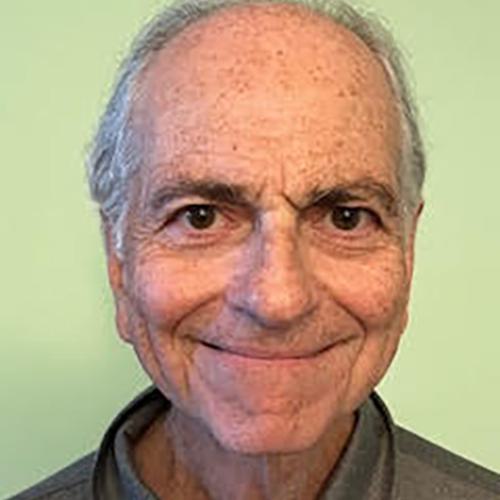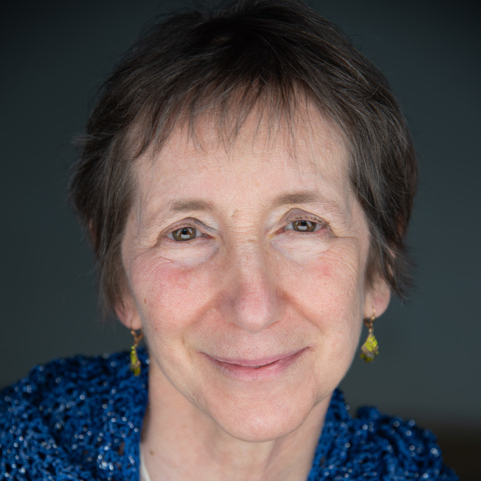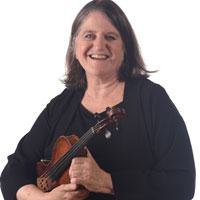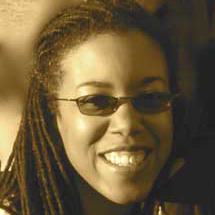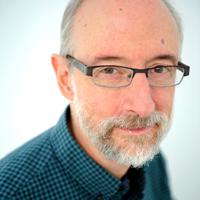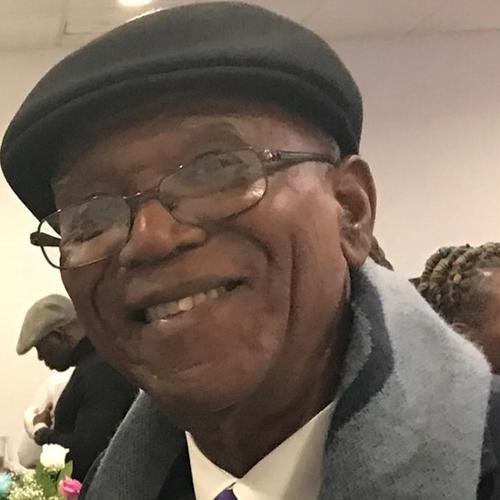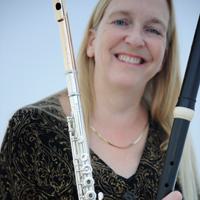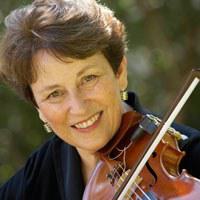Music
Academic Department Introduction
The Music Department offers a highly regarded academic program and wide range of outstanding performance activities, creating an ideal environment for students to combine serious musical study with a traditional liberal arts curriculum.
For students who wish to undertake focused exploration of music history, theory, composition, ethnomusicology, digital media, experimental music, and performance practice, our academic curriculum includes programs for a music major or minor. For those who wish to take music as an elective, numerous course offerings require no special background.
Our department comprises three programs: the academic program; the performance program, which welcomes students of all levels to take lessons and participate in ensembles; and our concert series, which brings world-class musicians and artists to campus to present their work and engage directly with students.
Learning goals
- Read, understand, and interpret music.
- Recognize specific styles of composers and performers, and identify the progression and evolution of music in space and time.
- Cultivate creativity with other performers and collaborate with an accompanist, an ensemble, or in chamber music.
- Find one’s unique style within the performing medium, such as improvisation, and communicate and express emotion though the voice or learned instrument.
- Use music technology to manipulate sound and create musical compositions, including the production of music in concert, exhibition, and multimedia performance.
Programs of Study
Music major and minor
Students will demonstrate and describe a wide variety of performance practices in styles encompassing classical, jazz, digital, and various world traditions.
Performance program
Students who have a passion for playing music can take private lessons and join ensembles regardless of their prior musical experience.
Course highlights
The Inner-Workings of Popular Music: Analyzing Rhythm and Form
MUS105
-
Film Music
MUS228
This course will consist of a survey of the history of music in film from its beginnings in the silent era to modern times. The class will look at a diverse handful of films. This narrower focus will allow a deeper exploration of the techniques of soundtrack, and their evolution throughout the different eras and regions of film production. The course will explore the role of music in storytelling, including its precedents in opera, and ballet. Musical semiotics will be discussed in an effort to understand how meaning is derived in a film through the aid of music. We will also explore the evolution of recording and filming technology for film, and how these changes made an impact on soundtracks. Some of the films studied will be Alfred Hitchcock’s Vertigo and Psycho (score composed by Bernard Hermann), Akira Kurosawa’s Ran (score by Toru Takemitsu), Bong Joon Ho’s Parasite (score by: Jung Jae II), Jordan Peele’s Get Out!, Us, and Nope (all scored by Michael Abels), Rosen Martin and John Hubley. Watership Down (score by: Angela Morley), Paul Thomas Anderson’s There Will Be Blood (score by Jonny Greenwood), and Amores perros (scored by Gustavo Santoalalla). -
Seminar Topics Tpc: Healing Minds & Bodies through Music
MUS300
Topic for Fall 2025: Healing Minds and Bodies through Music. Certain kinds of music and sound can help alleviate stress and anxiety, promote wellness, and facilitate healing. Although this power has long been understood across different cultures it is central to Afro-Diasporic and South Asian philosophy and spiritual practices in particular. In response, researchers working in the areas of music (psychology, cognition, medical ethnomusicology, and therapy), medicine (neuroscience and psychiatry) and health (yoga) have recently begun to interrogate this idea. This upper-level seminar draws on research across the fields of music, medicine, and wellness to examine how music and sound engage the brain, body, and consciousness in making humans feel more balanced and connected to one another and their environments. Students will read widely across disciplines and participate in learning that is experiential and discussion based. Students will develop skills in meditation, critical reading, leading and developing discussion, and undertaking research/creative projects.
Music for all
-

Wellesley College Concert Series
Spanning genres from classical and jazz to world, electronic, and early music, the Concert Series features live performances by distinguished guest artists, performance faculty, and faculty-directed student ensembles. With a mission to use live performance to strengthen musical learning and appreciation of all that music offers, the series enhances our curriculum and the cultural vibrancy of the College.
Places and spaces
-

Jewett Auditorium
The 320-seat Jewett Auditorium hosts music performances, lectures, symposia, and student shows. It contains a full complement of sound, lighting, recording, and playback equipment. -

Sargent Salon
Our Sargent Music Salon is a beautiful chamber music hall used for classes and student recitals. -

Grand Hall
Primarily used as a large ensemble rehearsal space, the Grand Hall also holds student recitals and faculty chamber music concerts. -

Music library
Containing a rich, diverse collection of Western classical music, jazz, world music, musical theater, and popular music, the library has over 10,000 CDs of every kind of music and collections of music online, available 24/7 to the Wellesley College community. -

Practice rooms
We have 22 practice rooms, most of which contain Steinway grand pianos. -

Sound lab
Providing state-of-the-art workstations for computer music composition, keyboard harmony, and theory instruction, the lab serves as both classroom and computer lab.
Research highlights
Our faculty is composed of academics and musicians whose credentials include concerts and shows at acclaimed venues, collaborations with music luminaries, recordings, and live broadcasts. They also teach at local conservatories and music schools.
-

Professor Gurminder Kaur Bhogal’s research focuses on relationships between music and the visual arts, most recently in Claude Debussy’s Clair de Lune (Oxford University Press, 2018).
-

Professor Kaleb Goldschmitt’s book, Bossa Mundo: Brazilian Music in Transnational Media Industries (Oxford University Press, 2020), studies the moments of popular breakthrough for Brazilian music among English-speaking people in the United States and the United Kingdom.
-
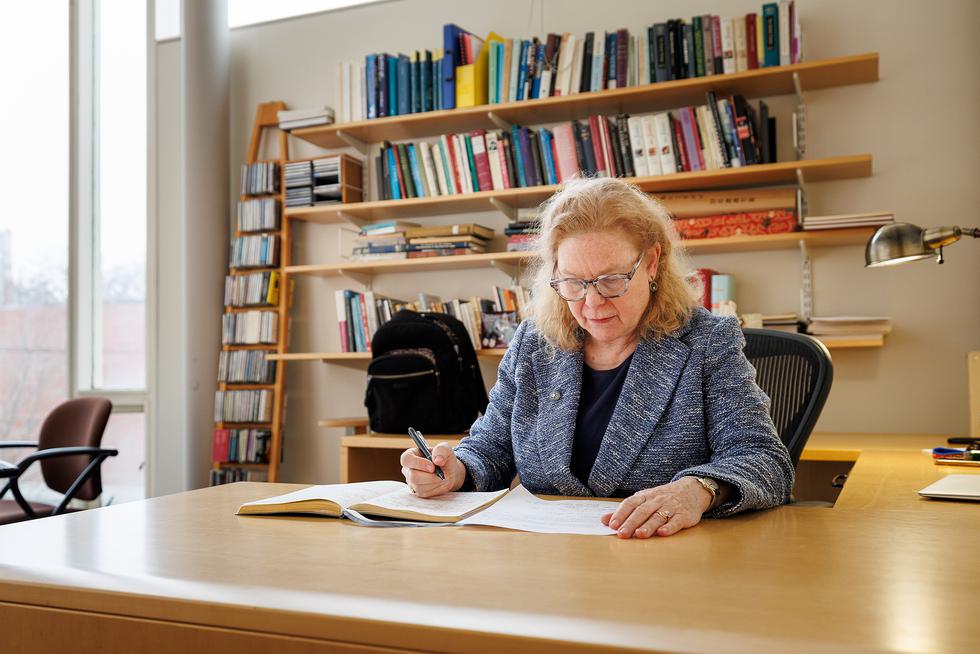
To accompany Professor Claire Fontijn’s article on 17th-century vocal music by Barbara Strozzi and Antonia Bembo, a student research assistant transcribed musical examples from manuscript sources using the Sibelius software package. The article has recently been published in a multilingual collection, Barbara Strozzi (1619–1677): Music and Discourse in Seicento Venice.
Opportunities
-
Performing ensembles
Ensembles, directed by faculty members, include the Brandeis-Wellesley Orchestra, the Chamber Music Society, Wellesley College Choir, Chamber Singers, Collegium Musicum, Wellesley BlueJazz Ensemble Program, Yanvalou Drum and Dance Ensemble, and the Guild of Carillonneurs.
-
Private instruction
We offer private instruction in voice as well as a wide variety of instruments, in classical, jazz, and world music genres.
-
Honors concert
Each spring, we host a concert honoring the immensely talented student musicians in our performance program. Performers are chosen from across all disciplines and instrumental groups to present their recent repertoire.
-
Instrument collection
We offer use of a vast musical instrument collection that includes 39 pianos, an assortment of modern orchestral instruments, guzheng, pipa, harmonium, and a collection of African drums. There is also a collection of early Western keyboard, string, and wind instruments, including a fortepiano, harpsichords, violas da gamba, Baroque and Renaissance flutes, and a dulcian. Houghton Chapel features the Fisk Organ, and our 32-bell carillon is located in Galen Stone Tower atop Green Hall.
Beyond Wellesley
Beyond Wellesley
Many of our graduates pursue careers related to music—playing, performing, recording, teaching—with some earning advanced degrees. Whatever their field, music continues to play a significant role in their work.
Recent Employers

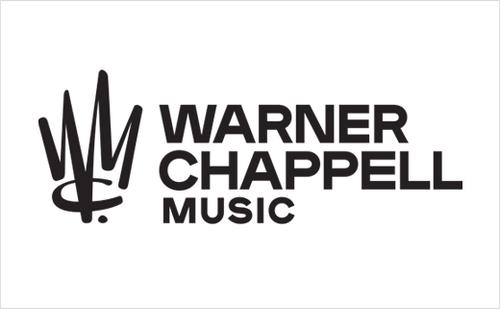




106 Central Street
Wellesley, MA 02481


